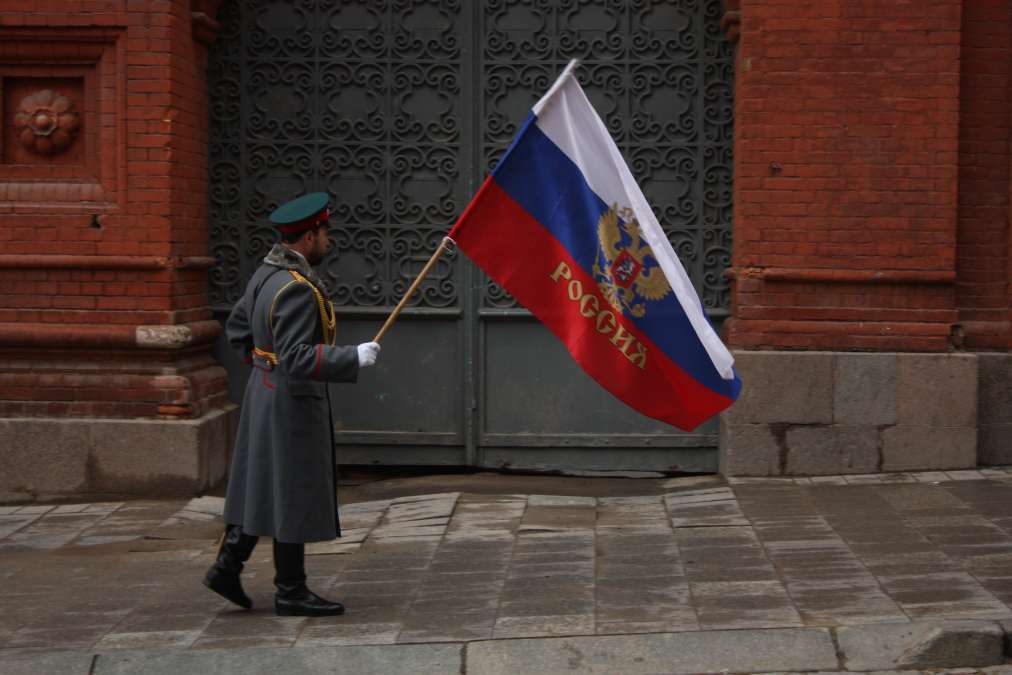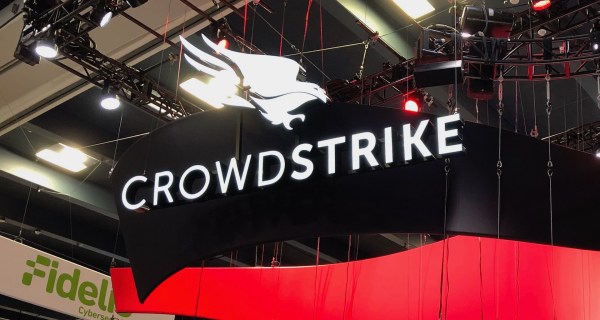CrowdStrike founder: Obama administration ‘abandoned its responsibility’ on Russian hacking

Eight months after CrowdStrike was first called in to clean up hacks against the Democratic National Committee, company co-founder Dmitri Alperovitch said the Obama administration “abandoned its responsibility here in [an] outrageous way” when the White House had no response after hackers exposed the personal information of U.S. lawmakers.
https://twitter.com/DAlperovitch/status/808999145776234497
“Being on these calls, I was beyond outraged that Russia would escalate to putting U.S. congresspeople and their families in physical danger,” Alperovitch said on Twitter on Wednesday. “Lots of things needed a response. The administration abandoned its responsibility here in outrageous way.”
The Obama administration was hesitant to act so close to the 2016 presidential election because it was afraid it would look overtly political, according to a blockbuster report published earlier this week by The New York Times.
Along with the Democratic National Committee and Hillary Clinton’s presidential campaign, the Democratic Congressional Campaign Committee (DCCC) fell victim to a sophisticated campaign of hacks and leaks during the 2016 election season that directly affected key races across the country. The DCCC is the campaign arm of House Democrats. In the DCCC’s case, the breach is suspected to have began as early as March 2016 as a result of a staffer falling victim to a phishing email — exactly the same way the Clinton campaign was hacked.
The California-based CrowdStrike was hired to clean up the initial DNC hack, and in the process discovered the DCCC intrusion.
By August, hackers released a wide range of personal information for Democratic members of the House of Representatives including home addresses, phone numbers and email addresses. House Democratic leader Nanci Pelosi called it “an electronic Watergate break-in” and state troopers were sent to Democratic lawmakers’ homes. They were told to change all the data they could, according to a New York Times report, but many had already received “a series of obscene calls, texts and emails” and threatening messages. Pelosi warned colleagues to keep their phones away from their grandchildren.
But online action can have harsher consequences than that. Pizzagate is an online conspiracy theory alleging that Democrats ran child-sex rings in Washington D.C. pizzerias. It was promoted by internet readers of emails on WikiLeaks, which received hacked emails from — experts widely assert — Russian hackers. The conspiracy theory led a man to drive to D.C. and fire a rifle in a pizzeria while he searched for victimized children. When he realized nothing was amiss, the gunman surrendered. The pizzerias involved were also subject to a torrent of harassment as a result of attacks that began online.
The lessons of Pizzagate drive home that the leaking of personal information by hackers is an escalation with potentially grave consequences.
Alperovitch’s anger isn’t new. In October, he told Esquire about hearing the news of threats to lawmakers.
“I remember getting off that call feeling completely outraged,” he said. “I called up Shawn. I’m like, ‘I can’t believe the Russians are getting away with it. These are congresspeople. I can’t believe that there’s still no response from this government.'”
Alperovitch declined to expand on Wednesday’s remarks.
Republican leaders in Congress have called for investigations into Russian hacking.






